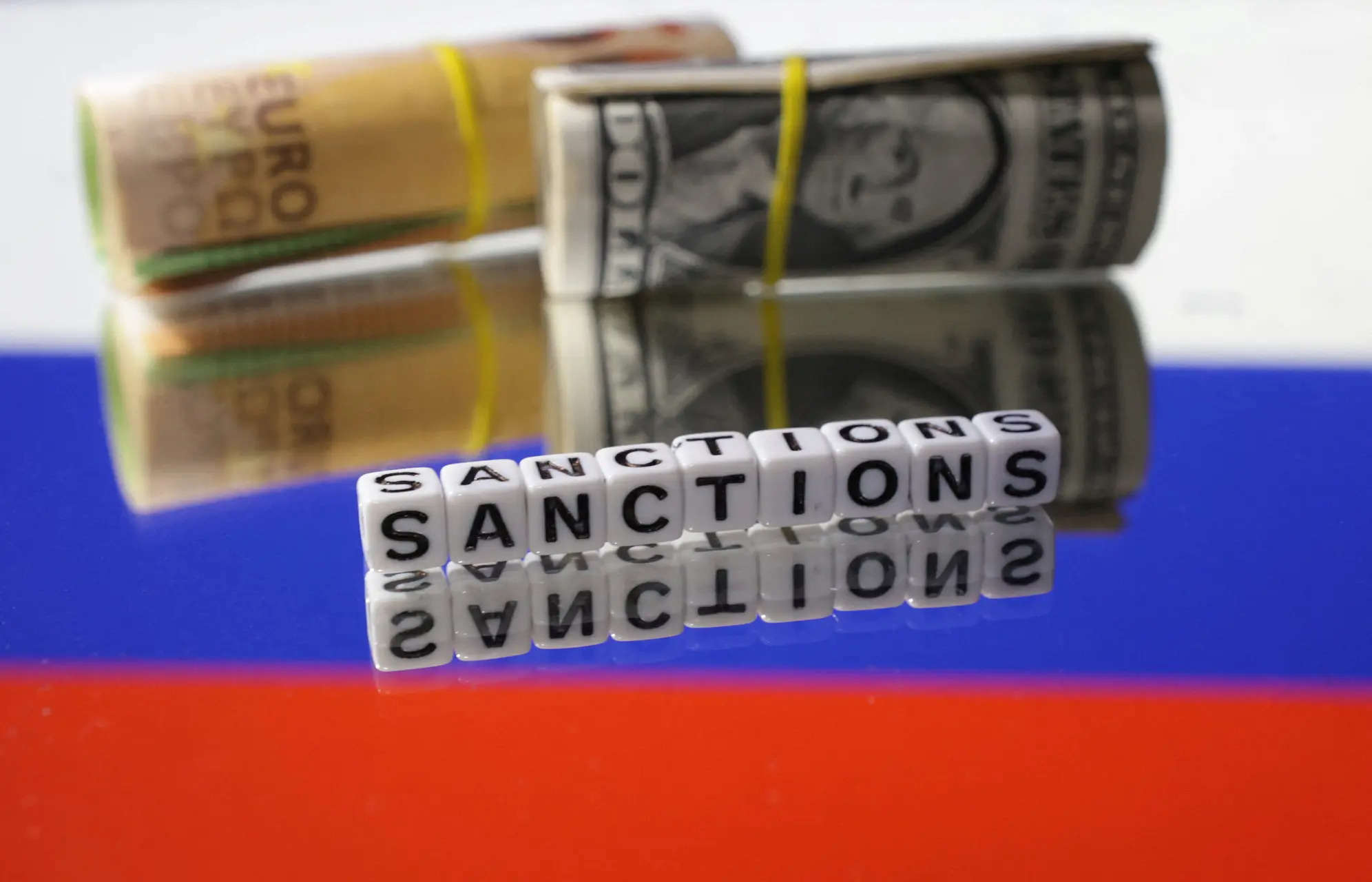Dollars come from UAE, Turkey
According to customs data cited by the news outlet, the dollar and euro shipments came from close allies of Russia, including the United Arab Emirates and Turkey. These are the countries where Russia has exploited banking loopholes to keep doing business despite sanctions.
Also Read : Why is this clip of President Biden sleeping on the beach going viral?
Russia de-dollarizes trade
The shipments of foreign currency also come as Russia has moved to de-dollarize its economy. Interestingly, Russian President Vladimir Putin has urged the nation to reduce its use of “toxic” currencies from the West. Moscow has entered into a treaty with many countries for doing import-export on the currency of respective countries instead of the dollar. Despite this, Russia is dependent on the use of the dollar, because the greenback currency is and held among the world’s central banks and it is widely used in international trade.
Will Russia be pushed into recession?
Reacting strongly to the situation, the US has warned Moscow of another round of economic sanctions. Talking to Business Insider, a UC Berkeley economist said that lost access to the dollar could weaken Moscow’s money stream and push the country into a severe recession at a time when it is fighting an internecine war with its neighbor.
FAQs:
Which are the countries from where Russia gets dollars despite economic sanctions?
The dollar and euro shipments come from close allies of Russia, including the United Arab Emirates and Turkey. These are the countries where Russia has exploited banking loopholes to keep doing business despite sanctions.Will Russia be pushed into a serious recession?
Talking to Business Insider, a UC Berkeley economist said that lost access to the dollar could weaken Moscow’s money stream and push the country into a severe recession at a time when it is fighting an internecine war with its neighbor.
Disclaimer Statement: This content is authored by a 3rd party. The views expressed here are that of the respective authors/ entities and do not represent the views of Economic Times (ET). ET does not guarantee, vouch for or endorse any of its contents nor is responsible for them in any manner whatsoever. Please take all steps necessary to ascertain that any information and content provided is correct, updated, and verified. ET hereby disclaims any and all warranties, express or implied, relating to the report and any content therein.


